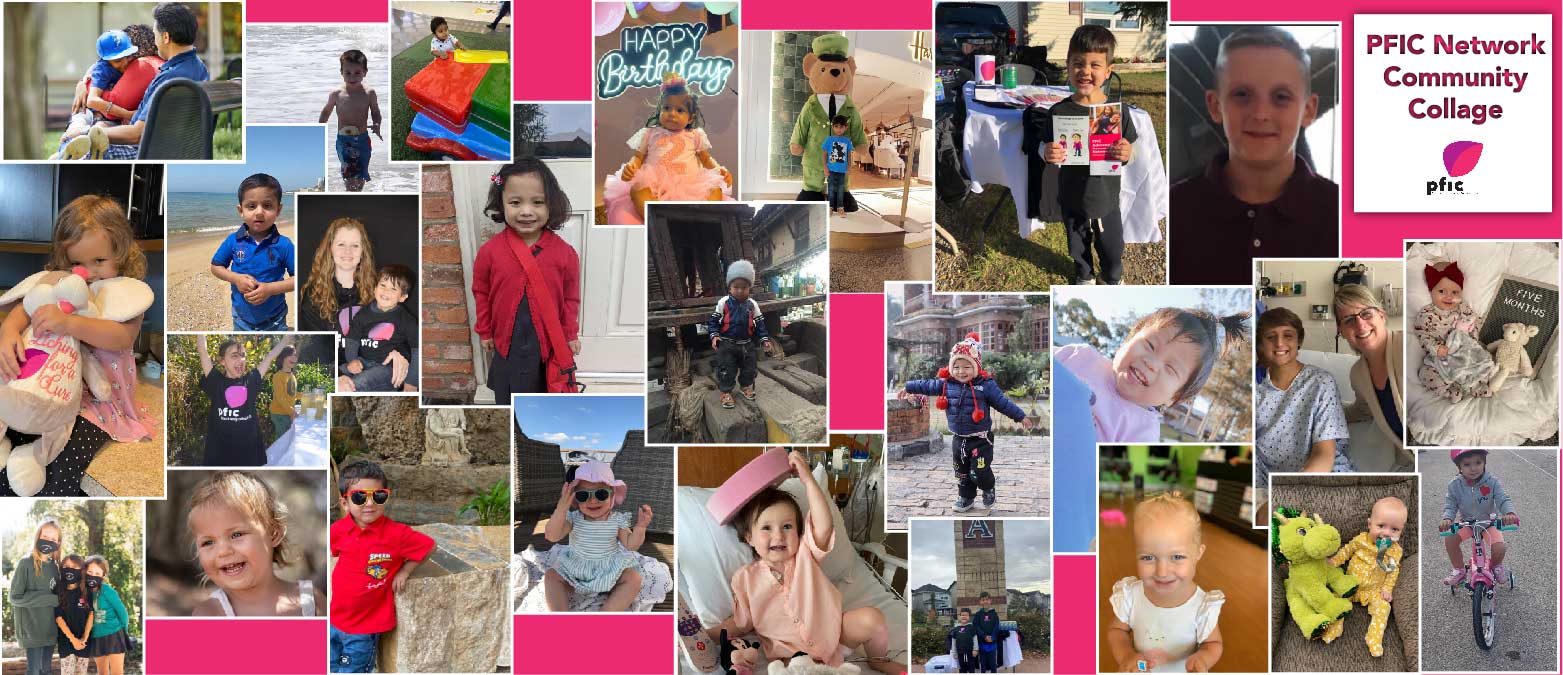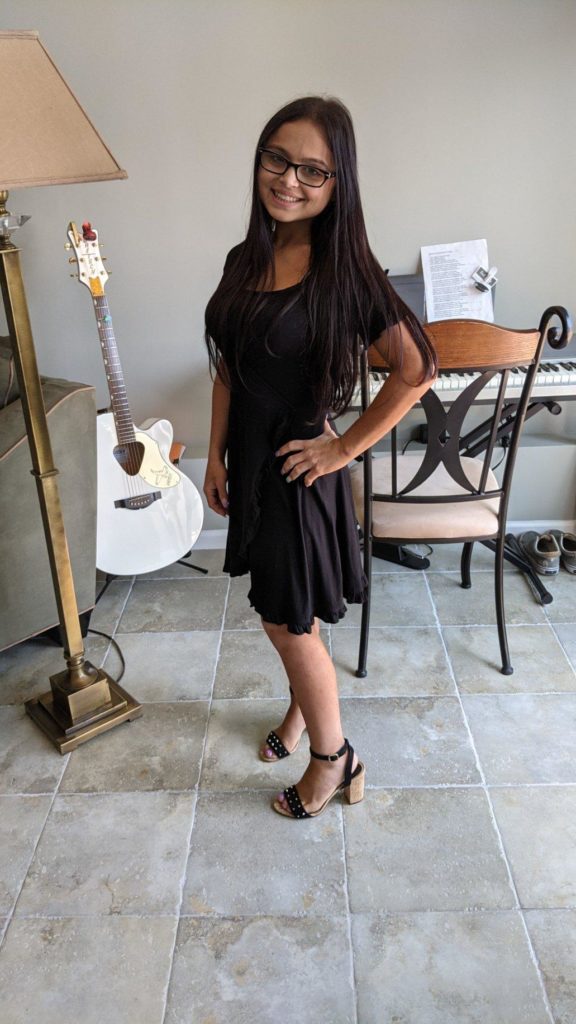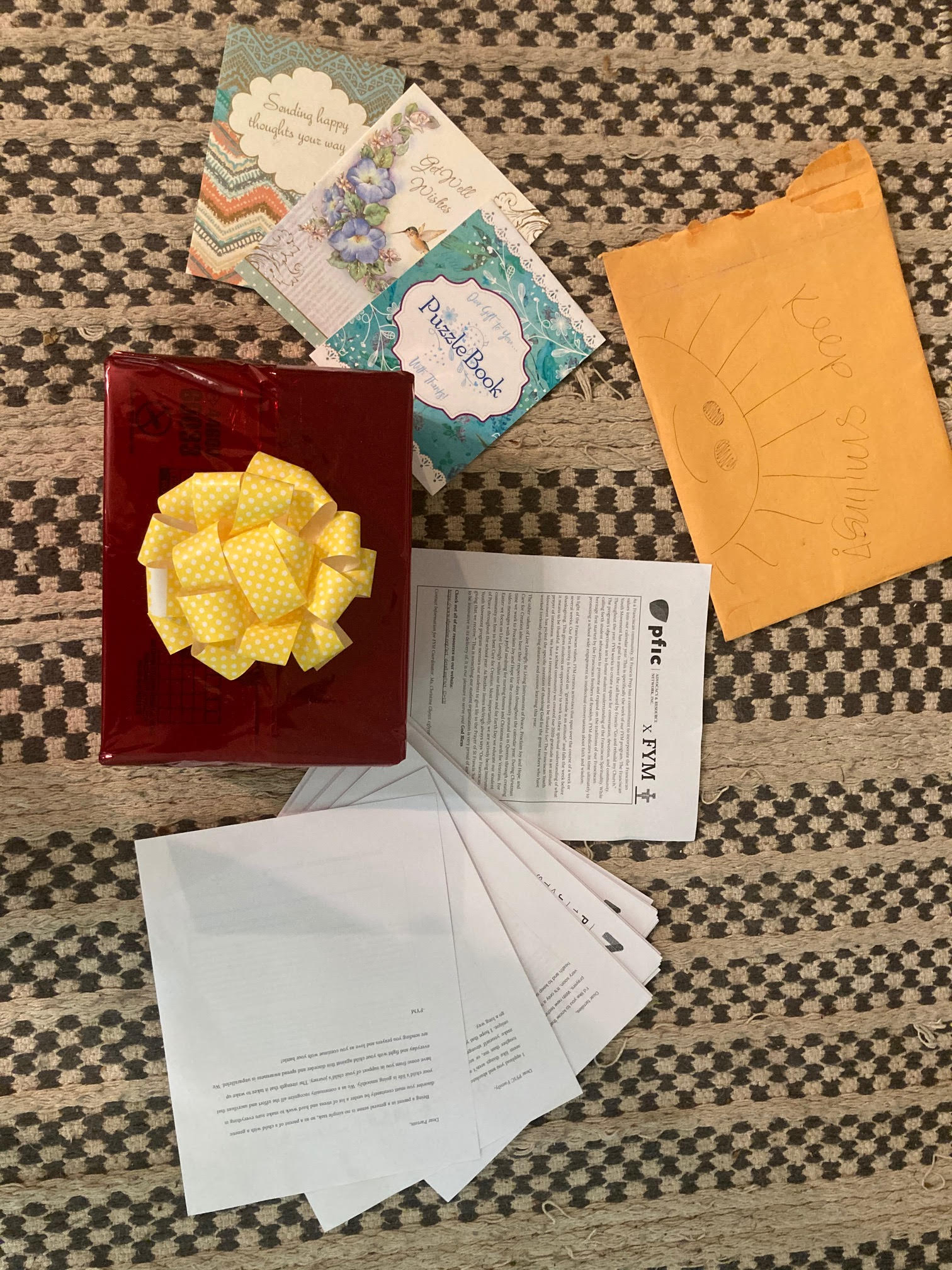This morning, I got to listen to something really special. My daughter and her dad were interviewed for a podcast. Listening to this podcast was the first time that I have ever heard the two of them explain her story. It was an extremely emotional feeling to hear Cedar’s journey from their perspective. I tell Cedar’s story quite a lot, for many different purposes, but this was the first time that I have had the pleasure to hear her version, and even her dad’s version.
The things that Cedar focuses on in her story are things that I will never be able to do justice. The way that she learned to take pills and drain her bile bag, her experience and the way she felt when being put under anesthesia, and the triumph that she feels in having a transplant bear on the wall at Cincinnati Children’s Hospital. Hearing her talk about how she has learned the overcome the many hurdles that she has faced in her young life being a child with a chronic illness truly speaks to how adaptable she has become. I am so so so proud that she is my daughter.
I have to give a special shout out to Cedar’s dad, Dario. He has not been as vocal about Cedar’s journey. Coming from two different backgrounds with different understanding of hospitals and healthcare, we view things through a different lens. But it was really cool to hear him speak about her journey. One of the largest hurdles that we have had to face as a family is going through a divorce. It’s a burden of chronic illness that affects many families, but is a pain that not as many are as willing to talk about…myself included, usually. We do our best to stay connected as co-parents, and Kathy, Dario and Cedar did a beautiful job highlighting the strengths of our family unit in this podcast.
Kathy’s podcast, for the love of climbing, was the perfect platform to highlight our story. Being a part of the climbing community brings us strength. We are who we are because of it. The climbing community, especially in the Red River Gorge, is an extremely special group of people. It is small in some ways, but huge in others. We have forever friends who are more like family who are based all over the world. We’ve made friendships through those who visit the Red that truly last a lifetime. And the local community is extremely special. It is through the support of this global, nomadic community that we have been able to keep our heads above water. The very reason that we took Cedar to the hospital when she was 4 months old was because of our good friend, a fellow climber and a doctor. He has always been willing to pick up the phone and let us talk through our concerns. That dreadful day, he said to us, “If you have to think long, think wrong. Go to the ER.”
I have to give Kathy Karlo a lot of credit. She received all of the information about PFIC directly from pfic.org. She did a wonderful job communicating it to the world. It is not an easy disease to understand, let alone to read through information and share it with the world in a public forum. I listened to it before sharing it through our Network mostly because I wanted to make sure the disease wasn’t misrepresented…something that happens quite frequently in the media. But she really nailed it. It makes me feel proud of our website and the team of people that we have working on it, from volunteer parents and doctors to paid staff and advocates. To know that the website is successfully educating the community at large feels triumphant. It is the ultimate goal.
I need to take another moment and give a huge shout our to the original creator of pfic.org, Robin Marceca. Robin really laid the ground work starting back in 2002. She originally built the website and made extremely important connections with all of the doctors on our Medical Advisory Board. And she did it all while raising two kids with PFIC, both who have been through liver transplant and post transplant complications. It is because of her early work that we even had an opportunity to grow the website and advocacy group into the wonderful charity that it is today. I hope that we have grown in a way to make her proud.
You can listen to the podcast at this link. Thanks for support! https://www.fortheloveofclimbing.com/episodes/episode-26-im-a-liver-not-a-fighter?fbclid=IwAR3mat9zgGjRuKfsfObOc7kU5UQVHOnzY9C-kZAnZLTbuGXa1e1m1bnocaU
Posted by: Emily Ventura, Proud Mom of Cedar, Executive Director-PFIC Network


